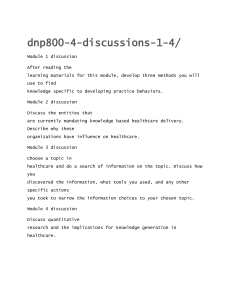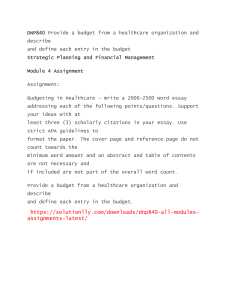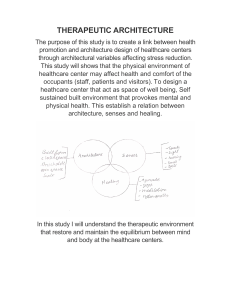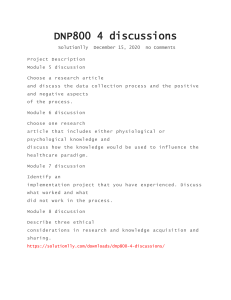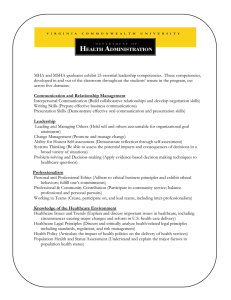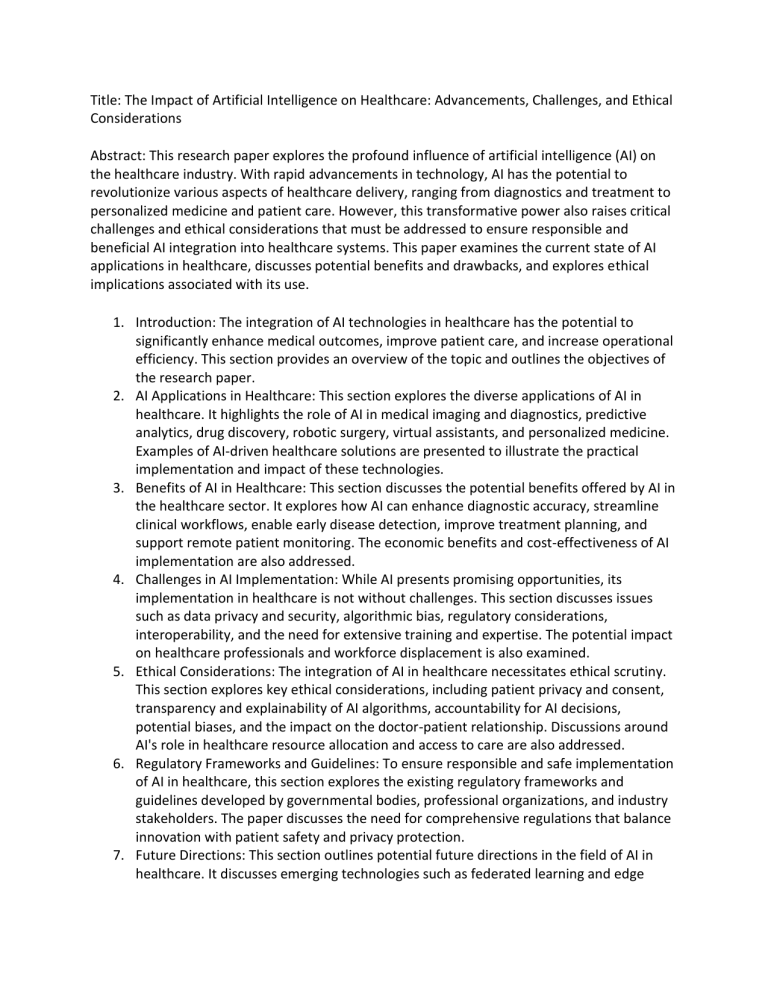
Title: The Impact of Artificial Intelligence on Healthcare: Advancements, Challenges, and Ethical Considerations Abstract: This research paper explores the profound influence of artificial intelligence (AI) on the healthcare industry. With rapid advancements in technology, AI has the potential to revolutionize various aspects of healthcare delivery, ranging from diagnostics and treatment to personalized medicine and patient care. However, this transformative power also raises critical challenges and ethical considerations that must be addressed to ensure responsible and beneficial AI integration into healthcare systems. This paper examines the current state of AI applications in healthcare, discusses potential benefits and drawbacks, and explores ethical implications associated with its use. 1. Introduction: The integration of AI technologies in healthcare has the potential to significantly enhance medical outcomes, improve patient care, and increase operational efficiency. This section provides an overview of the topic and outlines the objectives of the research paper. 2. AI Applications in Healthcare: This section explores the diverse applications of AI in healthcare. It highlights the role of AI in medical imaging and diagnostics, predictive analytics, drug discovery, robotic surgery, virtual assistants, and personalized medicine. Examples of AI-driven healthcare solutions are presented to illustrate the practical implementation and impact of these technologies. 3. Benefits of AI in Healthcare: This section discusses the potential benefits offered by AI in the healthcare sector. It explores how AI can enhance diagnostic accuracy, streamline clinical workflows, enable early disease detection, improve treatment planning, and support remote patient monitoring. The economic benefits and cost-effectiveness of AI implementation are also addressed. 4. Challenges in AI Implementation: While AI presents promising opportunities, its implementation in healthcare is not without challenges. This section discusses issues such as data privacy and security, algorithmic bias, regulatory considerations, interoperability, and the need for extensive training and expertise. The potential impact on healthcare professionals and workforce displacement is also examined. 5. Ethical Considerations: The integration of AI in healthcare necessitates ethical scrutiny. This section explores key ethical considerations, including patient privacy and consent, transparency and explainability of AI algorithms, accountability for AI decisions, potential biases, and the impact on the doctor-patient relationship. Discussions around AI's role in healthcare resource allocation and access to care are also addressed. 6. Regulatory Frameworks and Guidelines: To ensure responsible and safe implementation of AI in healthcare, this section explores the existing regulatory frameworks and guidelines developed by governmental bodies, professional organizations, and industry stakeholders. The paper discusses the need for comprehensive regulations that balance innovation with patient safety and privacy protection. 7. Future Directions: This section outlines potential future directions in the field of AI in healthcare. It discusses emerging technologies such as federated learning and edge computing, the role of AI in addressing global healthcare disparities, and the importance of interdisciplinary collaboration in advancing AI in healthcare. 8. Conclusion: The integration of AI into healthcare has the potential to revolutionize the industry, improving patient outcomes and transforming medical practice. However, careful consideration of the associated challenges and ethical implications is crucial. This research paper emphasizes the need for responsible and ethical AI implementation in healthcare to ensure the technology's benefits are maximized while minimizing potential risks.
